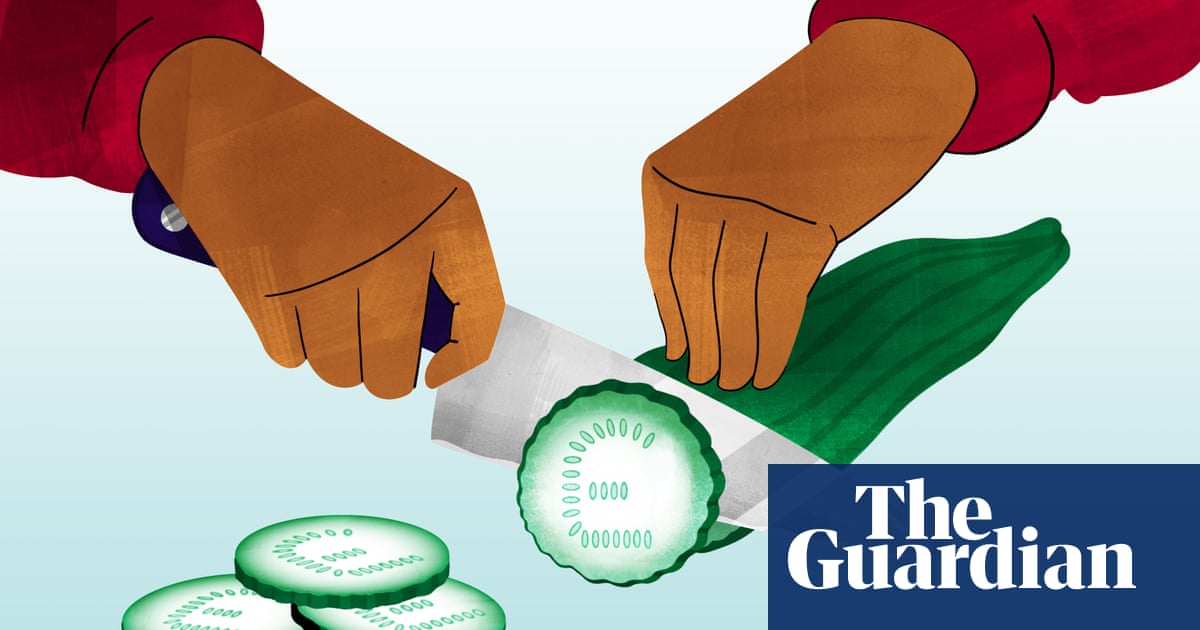
Food is essential to survive but with inflation still stubbornly high, many of us are trying to cut how much we spend on it. Here are some ways to reduce the cost of groceries.
Use discount apps
There are lots of apps offering discount codes to use on food purchases. Download Honey, which automatically searches for active discount codes on websites you visit and applies any price cut it finds. It currently offers codes for purchase in Iceland but deals change all of the time.
Shopmium, GreenJinn and CheckoutSmart are other apps designed to give you money off various household and food items. Recent offers include £1 off breakfast cereals, 50p off mayonnaise and 50p off desserts at Morrisons. The three apps often have different offers, so it’s worth checking them all.
Download the app, register your details just once, choose the item with the discount, and upload the receipt and photo of the barcode. The saving is paid into an account on the app or your PayPal account and you can withdraw it when you reach a stated minimum – typically between £1.50 and £5.00.
Read the terms and conditions of these sites carefully as you may not be able to use more than one offer at a time, including discount codes.
Compare prices
Trolley.co.uk compares prices across supermarkets, taking into account discounts for loyalty apps and cards.
Online you may be able to buy non-perishables more cheaply from stores that aren’t supermarkets. Camel Camel Camel monitors the prices of items for sale on Amazon and lets you know when prices are dropping and how much they have cost previously.
Save food waste
Olio connects neighbours with each other and with local businesses so that leftover food can be shared and not wasted.
The Too Good To Go app allows you to buy and collect food from businesses with a short expiry date for typically a third of the original price.
Sarah Park and Lucy Willoughby are great advocates of Too Good To Go. Recently, for £4, Sarah got four pork chops, single cream, a pork pie, a scotch egg, cheese, butter, four different single desserts and a kefir drink from Budgens.
Lucy has switched to a box from her local fruit and veg shop every week via the app. “This week we had bananas, strawberries, sweet potatoes, peppers, tomatoes, radishes, beetroot, carrots and lettuce. You need to be prepared to cook and eat or freeze some of it straight away but it’s great value and I love the way it challenges me to get more creative with what I’m cooking.”
Morrisons offers bags of groceries via the app, as do many smaller supermarkets.
Get free stuff
Use sites such as LatestFreeStuff.co.uk and LatestDeals.co.uk for free and low-cost items. Enter competitions, sign up to test products or do surveys to get items from a wide range of retailers or money off your first purchases at supermarkets.
The sites have thousands of categorised offers, so you can select food and drink. Recent deals have included vouchers for supermarkets.
Use cashback sites
With JamDoughnut you can earn reward points by buying prepayment gift cards to use online, in-store or on the phone. Take out your cashback after you’ve received £10 worth in points. You can currently get anything from 1.5% to 4% off for Aldi, Asda, Sainsbury’s, Tesco, Morrisons, Waitrose and Marks & Spencer. For example, buy a card with 2% discount and that 2% will go into the cashback account. Some gift cards may be in-store only.
With Mad About Money you can get similar discounted vouchers but save before you buy, so the money stays in your pocket.
The best-known and biggest cashback sites are TopCashback and Quidco, as well as KidStart, where you can save for your child. Create an account, look up the company from which you wish to buy, then register and track your purchase. The time in which you get the cashback amount varies from trader to trader.
Often you will get a higher discount for your first delivery and some offer a gift or further discount for referring a friend.
Freeze more
Kate Hall, the founder of the Full Freezer, says that she now saves at least £60 a month by freezing food that would have been thrown out – as well as not having to replace the food, she isn’t tempted to have takeaways. She says you can freeze almost anything. “For example, fruits can be frozen and made into smoothies or used in baking, and sandwiches can be made and frozen to avoid wasting items such as bread, ham and cheese.”
Shop using non-traditional supermarkets
Boxsaver buys branded food and cleaning products in bulk from wholesale suppliers and passes on the savings to customers. It compares, and guarantees to beat, prices across seven shops: Aldi, Asda, B&M, Morrisons, Tesco, Sainsbury’s and Waitrose. It says you can save at least 20% on your weekly shop – more if you buy a recipe bundle, multibuy or value box. However, not all of the items are directly comparable, and some are only pennies cheaper. Delivery is free when spending more than £25. Most brands are available, such as Kellogg’s, Heinz and Coca-Cola.
Approved Food sells a range of more than 2,000 items that are near their best-before date, offering free delivery when you spend more than £55. Hundreds of different items are added every day and you can even get items discounted up to 83%. The site says: “Regular customers typically save about £60 on their monthly shop compared with high street prices.” When we checked the site you could buy 12 Oxo vegetable cubes with a best-before date of the end of July for £1 rather than the usual £2.40, and a JohnJohn West fridge pot tuna steak with spring waterwith a best-before date at the end of June for £1 rather than £1.90.
Access home-cooked meals (and help others)
Free My Meal puts people who want to cook at home in touch with those who need a hot meal. It can be done anonymously, and safeguarding measures are in place. There is no means-testing to restrict you from accessing a home-cooked hot meal for you or your family.












